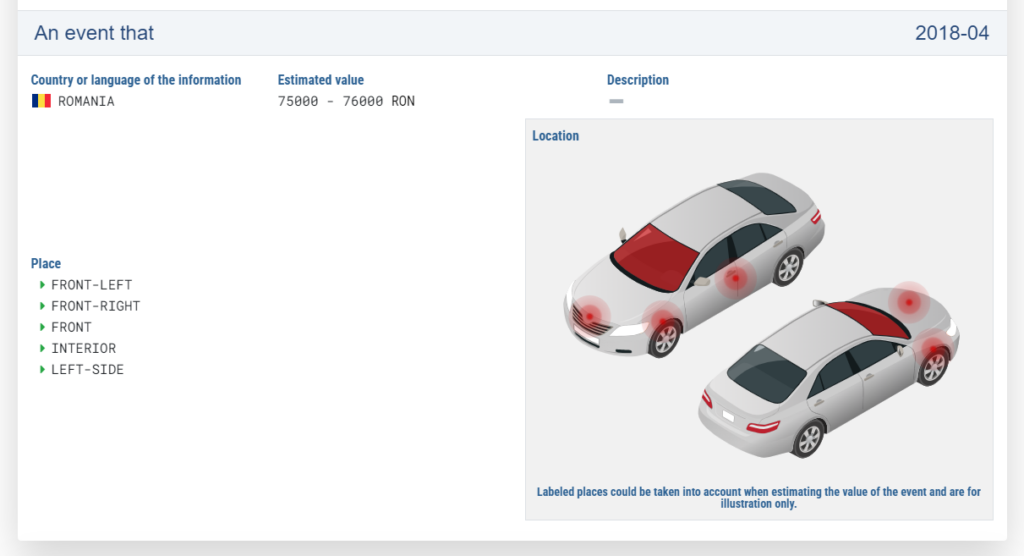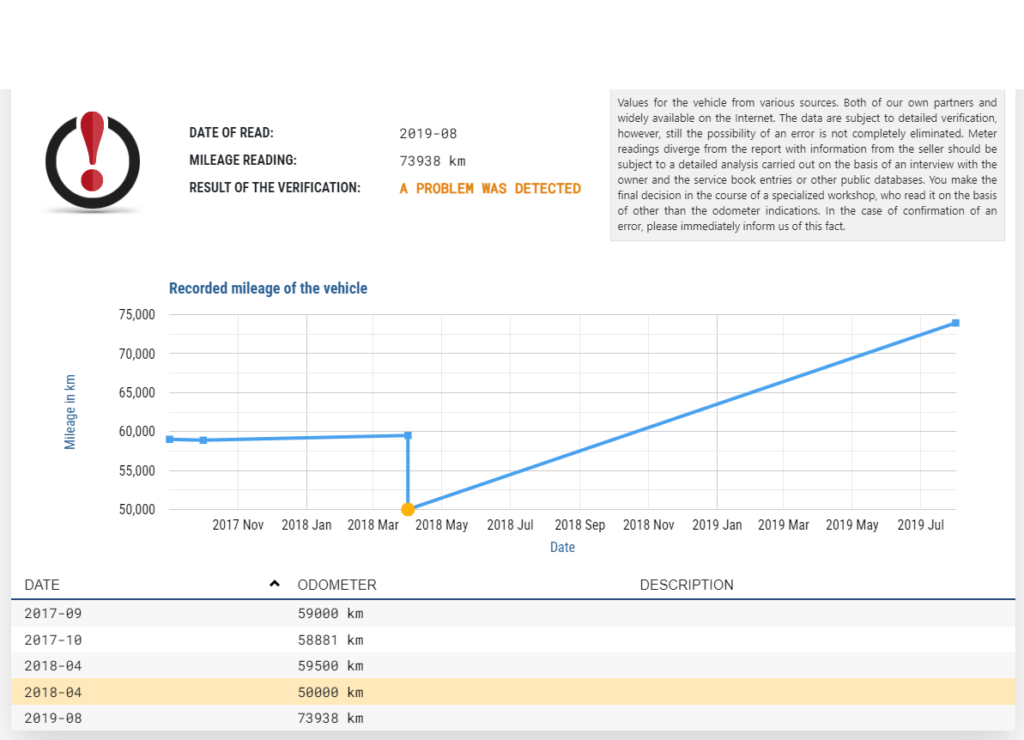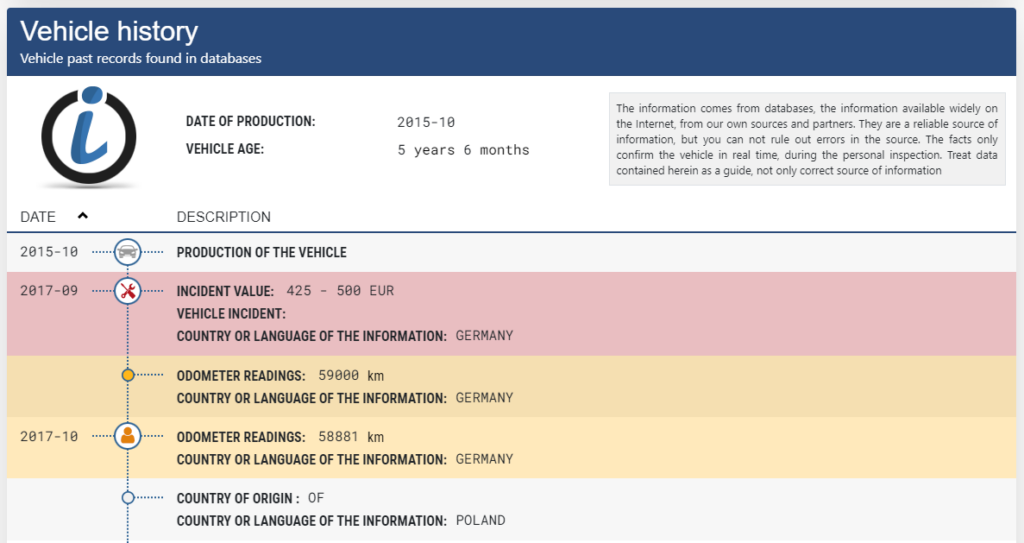
Purchasing a used car can be a strategic way to own a vehicle without the steep price tag of a brand-new model. However, this seemingly savvy investment can quickly turn into a financial pitfall if due diligence is not exercised. One of the most crucial steps in this process, often overlooked by eager buyers, is checking the vehicle’s history. This article delves into the risks associated with skipping this step, the types of problems a history report can unveil, and real-life scenarios underscoring the importance of such checks.
Understanding the Risks
The allure of a used car’s lower price tag can sometimes blind buyers to the potential risks lurking beneath the surface. Without a comprehensive history check, purchasers risk inheriting a vehicle that could cost them more in repairs than the purchase price itself. Problems like unresolved safety recalls, hidden damage from accidents, or even legal issues such as unresolved loans or theft can make a purchase more of a liability than an asset.
Furthermore, vehicles with a hidden history of poor maintenance can result in unreliable performance and increased downtime for repairs, impacting daily life and potentially incurring loss of income for those reliant on their vehicle for work. Additionally, the environmental impact of maintaining and repairing such vehicles can be significantly higher, contributing to greater emissions and resource consumption. This underscores the broader implications of neglecting a vehicle history check, which extend beyond individual financial and safety concerns to encompass environmental sustainability and responsibility. Thus, the decision to forgo this crucial step can have far-reaching consequences, affecting not just the buyer but the community and environment at large.
What a Vehicle History Report Reveals
A thorough vehicle history report is a treasure trove of information, revealing critical details that can affect a car’s safety, performance, and overall value. Here are some of the key issues such a report can uncover:
Accident History
When a vehicle has been involved in serious accidents, the potential for unseen damage is a significant red flag for potential buyers. Damage to the vehicle’s frame or structure can compromise its ability to protect occupants in a future collision. Additionally, even if repairs were made, there’s no guarantee they were performed to the manufacturer’s standards, which can further affect the car’s safety and resale value.

Flood Damage
Vehicles that have been through floods may suffer from more than just immediate electrical problems and mold; the moisture can corrode internal components over time, leading to unexpected failures. This type of damage is often concealed and can be missed during standard inspections, making it a sneaky threat to the vehicle’s longevity. Moreover, the presence of mold can create a toxic environment inside the car, posing serious health risks to occupants, especially those with respiratory issues.
Mileage Fraud
Odometer tampering is a deceptive practice aimed at making a vehicle appear less used than it actually is, thus inflating its value. This fraud can hide the fact that a car may require significant maintenance or is close to the end of its operational life. Buyers relying on mileage as a measure of a vehicle’s condition might end up facing unexpected repair costs, significantly impacting the overall cost of ownership.

Title Issues
A salvaged or rebuilt title often serves as a warning that a vehicle has been through a significant ordeal, such as a major accident or flood, that led an insurance company to write it off. These vehicles can have a myriad of hidden issues ranging from electrical problems to structural weaknesses. Moreover, the resale value of such cars is considerably lower, and finding insurance coverage can be more complicated and expensive.
Service History
The service history of a vehicle provides a crucial insight into how well it has been maintained. Regular servicing is key to ensuring the vehicle’s reliability, performance, and safety. Missing service records or long gaps between services can be a red flag, indicating the vehicle may have been neglected or abused. Such neglect can lead to premature wear and tear, potentially resulting in costly repairs down the line.

Real-Life Scenarios
Consider the case of John, who purchased a used sedan without a history check. Months later, he discovered the car had a salvaged title due to flood damage, leading to persistent electrical issues and mold growth. The cost to rectify these problems far exceeded the car’s value, turning his bargain purchase into a costly mistake.
In another instance, Sarah was on the verge of buying a used SUV with an unusually low price. A last-minute decision to check the vehicle history revealed a series of accidents and an odometer discrepancy. This timely intervention saved her from a potentially dangerous and financially draining purchase.
Adding to these, Emily’s experience serves as yet another cautionary tale. She bought a seemingly well-maintained used car, only to find out later through a mechanic’s inspection that it had undergone major engine repairs not disclosed at the time of sale. This revelation not only diminished the vehicle’s reliability but also its resale value, leaving Emily with a car that was both a financial burden and a constant source of anxiety. These stories collectively highlight the critical importance of a vehicle history check, not just for preventing financial loss, but also for ensuring the vehicle’s reliability and safety over the long term.
Conclusion
The examples above highlight just a fraction of the scenarios where a vehicle history check can save a buyer from significant financial and safety issues. In the dynamic and often opaque used car market, such checks serve as a vital tool for transparency, allowing buyers to make informed decisions. Ignoring this step can lead to purchasing a vehicle that is unsafe, unreliable, and ultimately, a poor investment.
Therefore, prospective buyers should view the cost of a vehicle history report not as an additional expense but as a crucial investment in their safety and financial well-being. In the world of used cars, what you don’t know can indeed hurt you, making the importance of a vehicle history check an indispensable part of the car-buying process.







